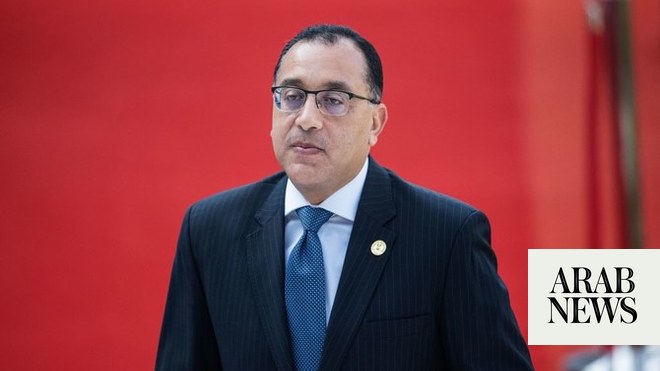
RIYADH: Egypt is making strides to become a manufacturing hub, with four of the top five mobile phone manufacturers — Samsung, Vivo, Oppo, and Xiaomi — agreeing to establish factories in the country.
Prime Minister Mostafa Madbouly emphasized these strategic initiatives during a tour of the 10th of Ramadan, the country’s largest industrial zone. The aim is to attract the fifth tech giant, Apple, to further bolster Egypt’s position in regional manufacturing.
Madbouly’s visit included several factories, including one specializing in producing sanitary devices at the highest standards for various international brands.
This stopover underscores the Egyptian government’s commitment, which President Abdel El-Sisi reinforced, to expanding and strengthening the industrial sector.
The prime minister noted the government’s efforts to attract significant global companies to Egypt, aiming to create high local value-added goods and foster a conducive environment for foreign investment.
He emphasized the state’s strategy to enhance communication with international investors and manufacturers, offering the necessary support to help them realize their expansion plans within the Egyptian market, particularly those targeting export activities.
This aggressive push to diversify Egypt’s industrial base and enhance its export potential is a key component of the nation’s broader economic strategy, aiming to secure a more prominent position in the global financial landscape.
The government is actively pursuing an increase in its investment attraction status as it aims to lower its import bill to reduce liquidity and foreign reserve pressures.
Earlier in May, global ratings agency Fitch revised Egypt’s outlook to positive from stable.
The agency affirmed Egypt’s rating at “B-,” citing reduced external financing risks and stronger foreign direct investment.
Since the country announced the International Monetary Fund loan program, foreign investors have poured billions of dollars into Egyptian treasury bills. After the investment in the country’s foreign portfolio and the support from the UAE, Egypt’s net foreign assets deficit shrank by $17.8 billion in March.
Fitch said that initial steps to contain off-budget spending should help to reduce public debt sustainability risks.
The country straddles North Africa and West Asia and has been grappling with an ongoing economic crisis linked to persistent foreign currency shortages. In the fourth quarter of 2023, its foreign debt climbed by $3.5 billion to $168.0 billion.
Meanwhile, Moody’s also revised its outlook on Egypt to “positive” in early March while affirming its ratings due to the high government debt ratio and weaker debt affordability compared to its peers.












